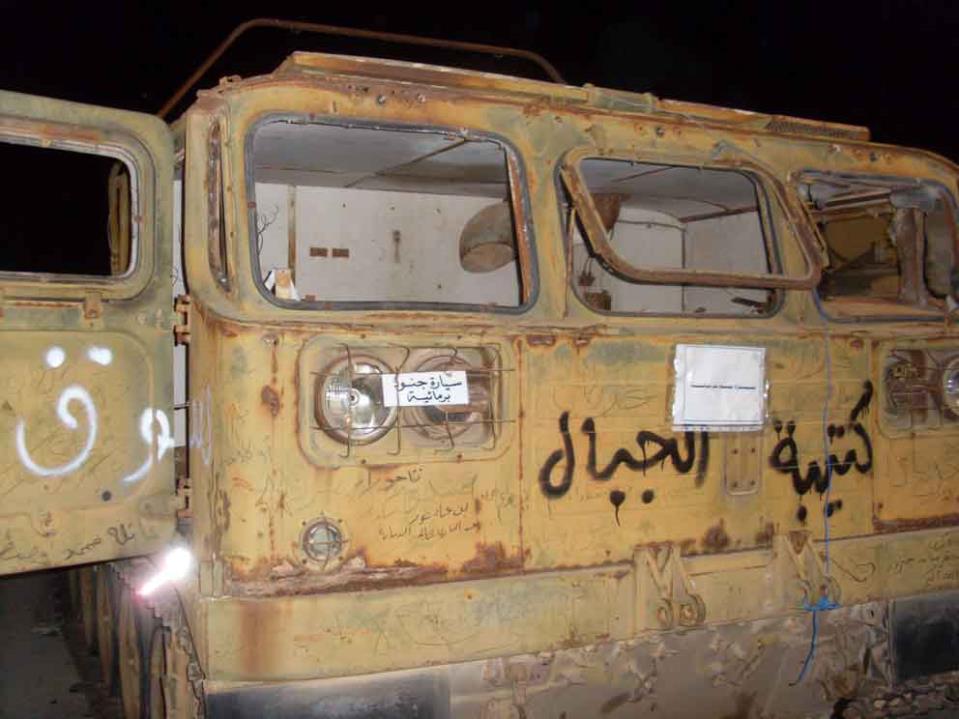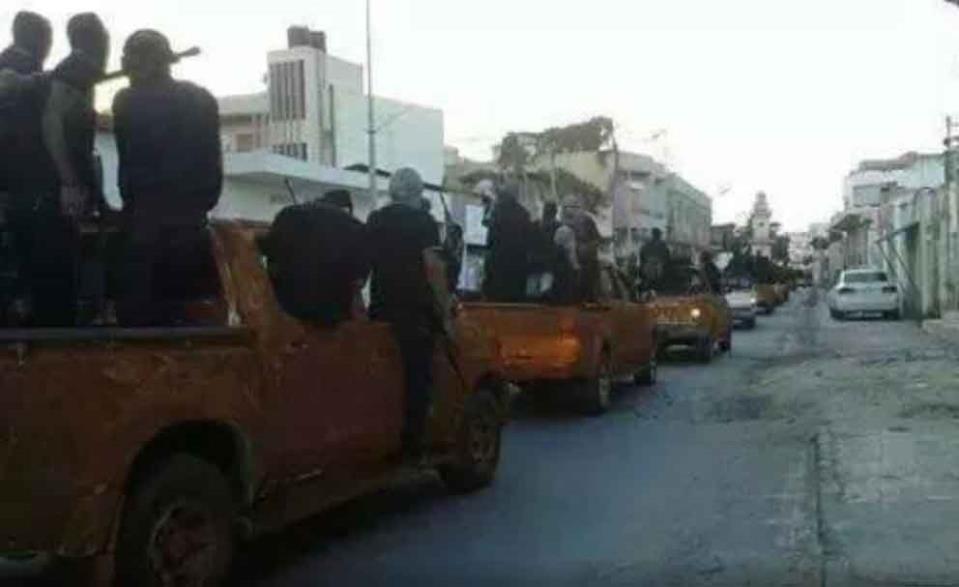The threat posed to the Mediterranean's stability of IS taking over Darnah, a city of 100,000 people in Libya's East was recently brought up in parliament by Foreign Minister George Vella. He also tells Michael Carabott that the government has no information that Maltese born or naturalised citizens are fighting within their ranks
The Foreign Minister confirmed that it has no information that any Maltese born or naturalised citizens have left the country to fight in any of the hotspots in Syria, Iraq or North Africa.
"However, we have seen what has happened in France, the Netherlands and the United Kingdom and we therefore cannot predict what might happen in the future," he said.
He also sadi that while there are no official reports of anyone with Maltese citizenship fighting with IS, "this is in the realms of what is possible, people from many nations have left their country to get to Syria through Turkey".
The Foreign Minister also remarked that Muslims who arrive in Malta after boat journeys are more difficult to lure because most are Shia, while IS is made up of the Sunni denomination.
Dr Vella believes that it is important to integrate migrants into Maltese society, else the risk of disillusion and dienfranchisement might creep in as it has done in other countries which has seen the sons and daughters of migrant families leave their birthplace to take up arms in the Middle East.

Integration through education and persuasion
"Integration must take place over time. It must come about through education and persuasion," he said. The Foreign Minister continued: "The thing is, we have always integrated migrants. Just look at all the different ssurnames in Malta. The problem lies in the numbers and the uncertainty in the future. If Malta knew that we would get 200 migrants a year, they would be integrated without any problem. It is when we don't know what is coming. When we don't know whether it might be 100 or 1,000 that the problems begin to arise," he said.
He also believes that racism is factor. "No one complains about the Greeks, Swedes, Russians or Ukrainians. It is people who have black skin that are singled out," he said.
The causes of strife in Libya
Dr Vella said that the problems in Libya were three-pronged. He said that the legitimate government which is based in Tobruk is truggling to gain traction from the weak Libyan institutions. However, he beleives that Libyan Prime Minister Abdullah Al-Thinni is becoming more maleable in terms of contacting the various militias that are holding the country to ransom. "However, it all depends on the willingness of the other parties involved to come to the discussion table," he said.
"It might sound like I am trying to cover all bases in my answers, but Libya is one of those situations that can get worse and become all out hell, or people could simply just lay down their weapons and return to peace. That is the nature of their culture," he said.
Benghazi and Dernah, however, are mired in extremism, the former religious, and the latter in the clutches of IS.
Tripoli, on the other hand, is at the mercy of the two major rival militias - that of Zintan and that of Misurata. In the absence of a functioning police force or army - which is mostly based in the east under former Gaddafi man General Hifter - the militias have continued to trade fire to gain control of the airport and other strategic buildings.

Power vacuum
"When the two militias began to clash over Tripoli, the legitimate government moved East to the safety of Tobruk. But that, in itself, created a power vacuum which allowed IS to move in. It is very worrying that a city of 100,000 can be taken over like this," said Dr Vella, referring to Dernah. The IS ruled city is only 172km away from the seat of the Tobruk Government.
Dr Vella continued: "If IS continues to gain momentum in this city, which is only 333 kilometres away from El Salloum on the Egypt border, it is not inconveivable that the Egyptian military might strike." The same, he said, holds true for Algeria.
Libyans in Malta
Malta has always had its share of Libyans residing here. In the past, Malta was considered to be a bit of a playground for young Libyans who wanted a holiday in the Gaddafi years. But hings have changed. "There is no doubt that Libyan nationals who have money are parking here, or parking their children here, to escape the fighting,"said Dr Vella. "It can be seen and it can be felt," he said. "If law and order breaks down completely in Libya, we might see an influx of immigrants across the sea. So far, we have not seen Libyans leaving their country on boats, but if the situation persists, that could be what we will be faced with in the future. Libya was used as a transit point for Africans trying to get into Europe. But we could very well start to see Libyan people leaving their country to seek asylum here," he said.
Business interests
"Malta has always made a roaring trade with Libya, and despite the uncertainty, that trade is still going," he said. However, he pointed out that people were worried to invest there given the security situation. "Given that things have not settled down, fear is taking over as people do not want to invest there because they might lose it all."

Ansar al-Sharia Brigade
Ansar al-Sharia is a Salafi militia which came to prominence in June 2012 when it paraded armed vehicles in central Benghazi to demand the imposition of Islamic law, or Sharia. It was accused by the US of being part of the events that led to the burning of the US consulate in Benghazi in September 2012.
Although Ansar al-Sharia has helped provide security in public places, it has also been accused of human rights abuses, and was involved in the destruction of Sufi shrines.
Misrata Brigades
In the immediate aftermath of Gaddafi's toppling, more than 200 militias, or "revolutionary brigades", were registered with the Misratan Union of Revolutionaries, comprising about 40,000 members. Along with some "unregulated brigades" based in the central city of Misrata, they are thought to control more than 800 tanks and at least 2,000 vehicles mounted with machine guns and anti-aircraft weapons.
Al-Zintan Revolutionaries' Military Council
Formed as an umbrella for 23 militias in Zintan and the Nafusa Mountains in western Libya, the military council has five brigades, and a satellite channel called Libya al-Watan. It is best known for detaining Saif al-Islam Gaddafi after his capture in November 2011.